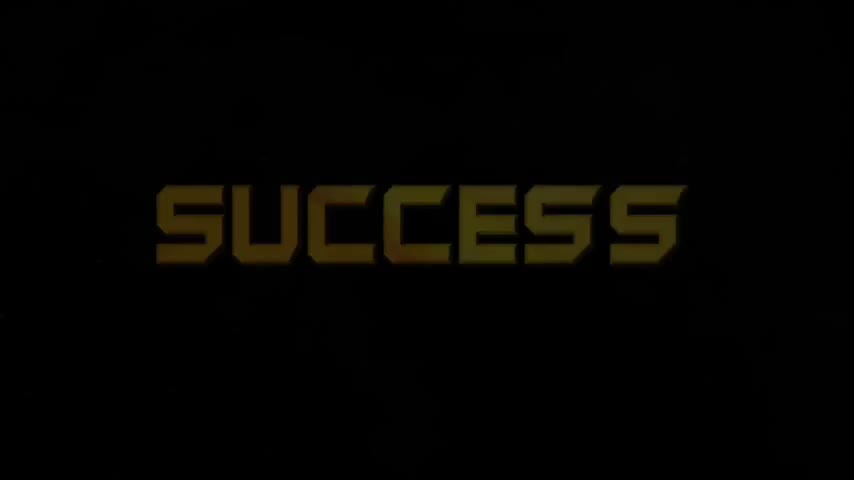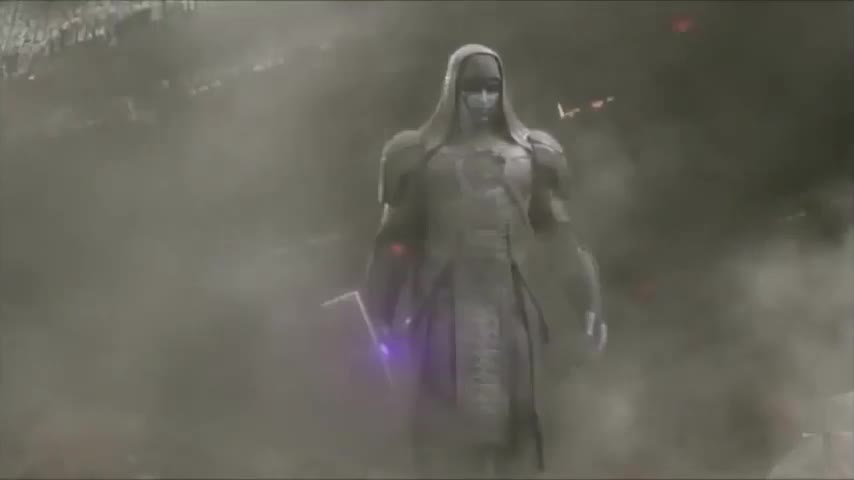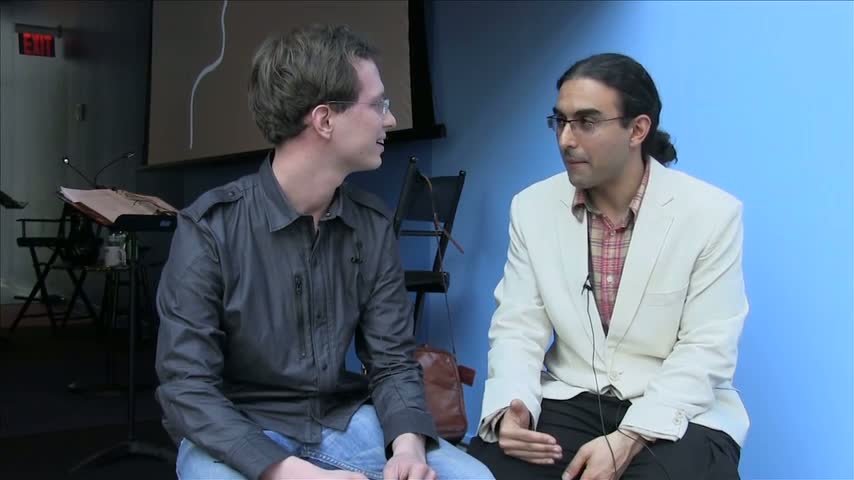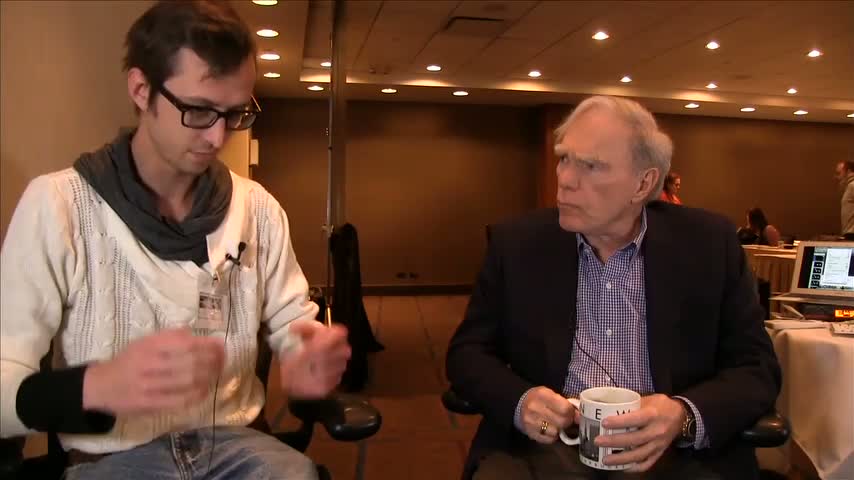This is a Sample Member Homepage. Click here to become a member.

LATEST MEMBER NEWS
Robert McKee’s WORKS / DOESN’T WORK Film Review: Get Out (2017)
Written and Directed by Jordan Peele
McKee says...


Read the full GET OUT review here
Robert McKee’s WORKS / DOESN’T WORK Film Review: Moonlight (2016)
| Written and Directed by Barry Jenkins. McKee says...

Read the full MOONLIGHT review here
Robert McKee’s WORKS / DOESN’T WORK Film Review: 20th Century Women (2016) | Written and Directed by MiKe Mills. McKee says...

Actor Brian Cox presents the Hollywood Hall of Fame Award to Robert McKee at the 2017 Final Draft Awards: Watch Here

7 Principles Every Writer Should Know

Robert McKee’s
DIALOGUE:
The Art of Verbal Action for the Page, Stage, and Screen
Debuts July 2016 in the US, the UK and China
Amazon.com
BN.com
iBooks Store
indiebound.org
McKee's Latest Works/Doesn't Work Film Review: 45 Years
McKee Says It Works!
Read the full review here
McKee's Latest Works/Doesn't Work Film Review: Room
McKee Says It Doesn't Work (Spoiler Alert)
X Genre Switching:
The first half of ROOM gives us a subgenre of the Crime Plot known as the Prison Plot, an action/thriller told from a prisoner’s POV as the protagonist struggles against a villainous warden. Examples: MISERY and THE SHAWSHANK REDEMPTION, both created by Stephen King.
The second half of ROOM turns to an Evolution Plot. This genre arcs its protagonist’s humanity or inner self from negative to positive. In this film, Joy (Brie Larson), suffering from PTSD, moves from a damaged self to a healed self. Examples: The TV series IN TREATMENT, the novels of Tim O’Brien such as Northern Lights, and the films ORDINARY PEOPLE, SOPHIE’S CHOICE, and MYSTIC RIVER.
Why has ROOM’s writer strung together two simple, shallow, half-stories, rather than create one profound, complex, complete story? My guess…creative inertia.
If Joy’s escape plan had failed, and Nick (Sean Bridgers) had locked her and her son Jack (Jacob Tremblay) back inside the shed, then to engineer Joy’s ultimate escape from such cramped sparse space, the storytelling would have demanded ingenious yet credible writing, powered by a gifted imagination. Then the rest of the film would be the author answering the riveting dramatic dilemma: “Will Joy and Jack escape this maniac’s hell-hole? And if so, how in the world will she do it?”
On the other hand, had the film opened with Joy and Jack escaping the shed, then their Evolution Plots would have called for superb creativity of another kind: brilliant psychological insight into the intricacies of PTSD, along with subtle delineations of human nature under mind-breaking pressures. The major dramatic questions now become: “Will Joy and Jack find the inner resources needed to repair their damaged psyches? And if so, how?”
Hows of story can break an author’s back and brain. Some just aren’t up to the heavy lifting. ROOM does not work because neither half of the film comes anywhere near its generic potential. When a writer buys a genre, it comes with a tag that reads, “Use me.”
? Oscar: Why, we might ask, does the weak and shoaly ROOM get a Best Picture nomination? I can think of many reasons: In part because the novel on which it’s based won numerous book awards and the academy likes to wrap itself in things literary; in part because the child’s voice-overs coated the film with the ever-sweet optimism and up-lifting sentimentality the academy loves; and in part because it dramatizes violence against women, a social crisis the academy wants to acknowledge. Despite this charitable gesture, however, I can’t help but wonder if the film would have gotten its Oscar nod had Joy been played by an actress of color and Jack by an ugly kid.
X Adaptation:
The novel won many awards, sold very well, and reads much like a screenplay. It’s told in the first person voice of the five-year-old Jack, written in the present tense, and for the most part, consists of dialogue scenes. These three devices keep the sexual abuse in the nightmarish shed and the PTSD it causes at an emotionally safe distance. The author is Canadian.
The charm, so to speak, of the novel is its point/counterpoint portrayal of an innocent mind enveloped by a depravity it cannot fathom. The irony that enriches the novel evaporates onscreen for the obvious reason: You cannot photograph thought.
In the novel, we inhabit Jack’s mind as we take his first person point of view. In the film, despite the boy’s voice-overs, we take the camera’s third person point of view. Simply put, prose cannot move sideways into film. To capture the spirit of her novel on screen, author and screenwriter Emma Donoghue would have had to reinvent it radically.
Dear Storylogue Members,
First, thank you very much for continuing to be a member as we improve site navigation and without new material and participation from Mr. McKee. Our IT director and web designer, Oliver Brown, tells us the new site will be ready by early 2016.
As we redesign and reboot the Storylogue site into a library of easily searchable videos and new content, we would like to provide free consultations to loyal members who have remained with the site through this period of transition.
Many of you have sent us messages through the Storylogue website asking questions about writing. Bass Wakil, a student of Mr. McKee’s for over ten years who is co-writing and co-lecturing with Mr. McKee on the Action Genre, has been a constant presence on Storylogue answering general questions and, at times, providing guidance on story craft.
Until we are fully able to relocate to a new site, with Mr. McKee’s blessing, Bass will offer consultations free of charge to our Storylogue members.
If any of you are interested in taking advantage of his expertise, please click here for instructions on how to submit.
NEW LESSONS
 "GUARDIANS OF THE GALAXY: The Complete Sequence by Sequence Analysis" - Lesson with Action Genre Scholar Bassim El Wakil - Part 13 (Conclusion)
"GUARDIANS OF THE GALAXY: The Complete Sequence by Sequence Analysis" - Lesson with Action Genre Scholar Bassim El Wakil - Part 13 (Conclusion)
3 Comments
1 Followers
Jan 04, 2015 - 12:00 AM
 "GUARDIANS OF THE GALAXY: The Complete Sequence by Sequence Analysis" - Lesson with Action Genre Scholar Bassim El Wakil - Part 12
"GUARDIANS OF THE GALAXY: The Complete Sequence by Sequence Analysis" - Lesson with Action Genre Scholar Bassim El Wakil - Part 12
1 Comment
1 Followers
Dec 28, 2014 - 12:00 AM
 "GUARDIANS OF THE GALAXY: The Complete Sequence by Sequence Analysis" - Lesson with Action Genre Scholar Bassim El Wakil - Part 11
"GUARDIANS OF THE GALAXY: The Complete Sequence by Sequence Analysis" - Lesson with Action Genre Scholar Bassim El Wakil - Part 11
Dec 21, 2014 - 12:00 AM
NEW INTERVIEWS
 Bulletproof Radio: Robert McKee on Storynomics™ (Part 11 of 11)
Bulletproof Radio: Robert McKee on Storynomics™ (Part 11 of 11)
Dec 17, 2015 - 12:00 AM
 Bulletproof Radio: Robert McKee on Storynomics™ (Part 10 of 11)
Bulletproof Radio: Robert McKee on Storynomics™ (Part 10 of 11)
Dec 10, 2015 - 12:00 AM
 Bulletproof Radio: Robert McKee on Storynomics™ (Part 9 of 11)
Bulletproof Radio: Robert McKee on Storynomics™ (Part 9 of 11)
Dec 03, 2015 - 12:00 AM
NEW QUESTION/ANSWERS
 Can you explain the core event and the core emotion in the epic?
Can you explain the core event and the core emotion in the epic?
2 Comments
3 Followers
Aug 24, 2014 - 12:00 AM
 What is the purpose of jumping back and forth between multiple storylines within a feature film or TV episode?
What is the purpose of jumping back and forth between multiple storylines within a feature film or TV episode?
1 Comment
Aug 17, 2014 - 12:00 AM










 Requires
Requires